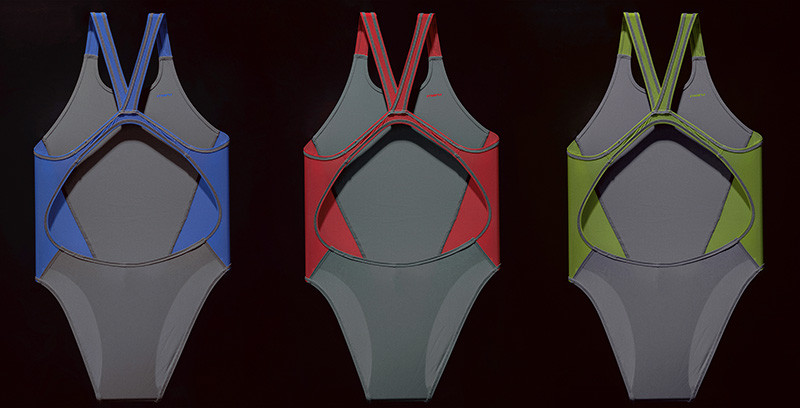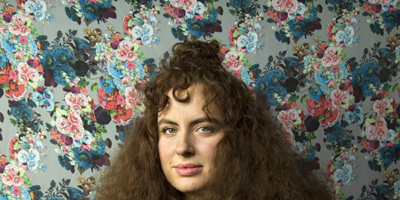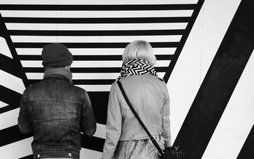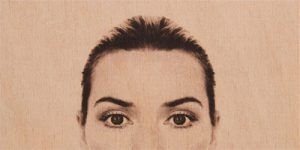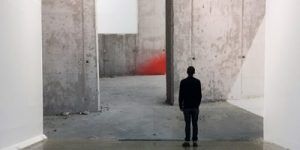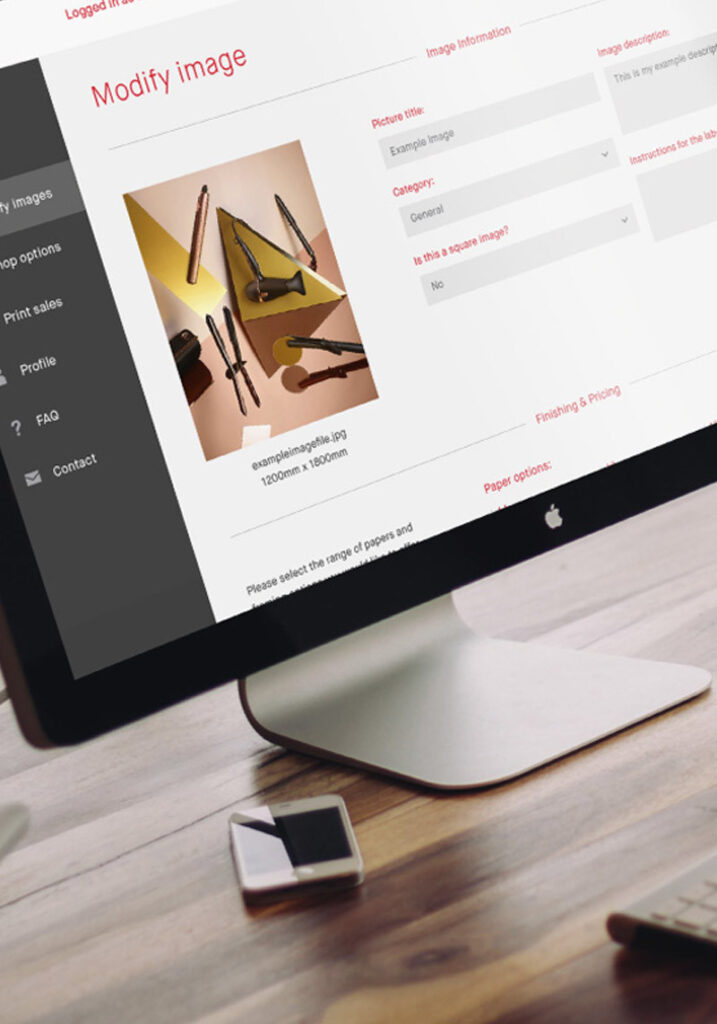Metro Imaging has an established reputation for supporting graduates and since instigating our mentorship programme in 2005, we have supported hundreds of emerging creatives. This years RCA / Metro Imaging mentee is Eden Hawkins who has been able to continue to create work for both personal projects and industry clients even during these challenging times. We took some time out to ask her about her practice and progress since graduation.
Can you please tell us a bit about your practice and style of photography?
Many of the projects I produce start from an interest in a material. The politics or history of that material becomes important as I begin moving between the lighting studio and the computer and then back again. I am interested in the effects of the digital or its abilities to flatten and manipulate surfaces. Rather than working to a particular style, each picture pulls together a commercial aesthetic with elements of collage and digital reconstruction. In my recent project, Like a Stitch in the Side, I digitally reconstructed swimming costumes and workout garments and created characters out of their digital forms. Each form was titled as a participant or racer. The project was the result of my research into the politics of stitching characterised historically as a woman’s labor, as well as an engagement with the effects of gym environments on the female form. The title of each racer referred to this research.
Do you think that printing your work is an important aspect for viewers to experience your work?
As each photograph has a focus on materiality, the print, surface, and size become key to the impact of each photograph. In my more recent projects, the interaction of the digital garment fibers on a surface really becomes central to the viewing. The pieces are tactile and porus but still digital and unreal and I think print ephasises this interaction. The resulting physical pieces are a meeting and heteroglossia of processes: a border between the physical and digital language. I think looking at something in a physical space is an entirely different experience from an online platform and can not really be compared. With this being said, I think there is alot of possibility with digital platforms and viewing experiences. I think the creative world will get better at developing these avenues whilst our gallery times are restricted.
In the current climate, what challenges do you perceive for the creative industries?
Who knows! There will be alot of challenges that will span from freelancers not finding work to independent creative spaces not being able to find stability. That being said, I think we will soon have an influx of independent creative work that refers to isolation and the pandemic. I do not think that everything will become digital. If anything, I really believe people will be desperate for physical interactions. I am hopeful that people will eventually want to go to galleries and buy magazines and books as a way of getting off their work screens. We will all be square eyed and looking for experience rather then a fill of digital content.
Do you have any new projects planned that you can tell us about?
I am researching processes and traditional techniques of craft that are being lost to make room for the modern textile industry. At first, I was looking at China, now responsible for almost half of the world’s clothing export, and the effects of these industry giants on the heritage and craft process of material production. I have also been researching remote places in Scotland and Ireland where heritage craft is deeply embedded in communities. My more recent commercial endevours include a campaign for a post surgery Langerie brand called Love Rose as well as recently commissioned to photograph a Moncler bag for Vogue US.
What is the Best and Worst career advice you have been given>
The best: Go with gut instinct on a project and to take all advice with a pinch of salt. At the end of the day, everyone has their personal tastes and if you try and follow the direction of too many influencers – the work can become diluted. I think there is power in a clear vision. I also was given the advice to not decide or label a project too early on in the creative process and allow room for it to evolve into something entirely different. The worst advice was to be less silly in my photographic style. Playful work is a treat.
